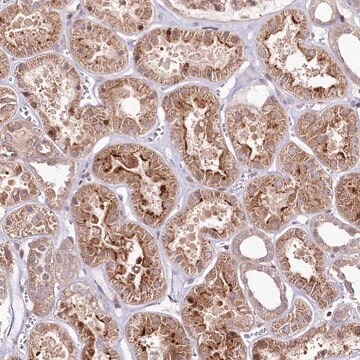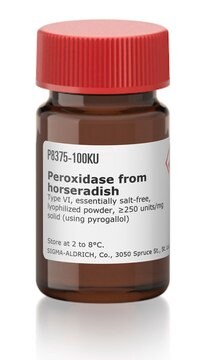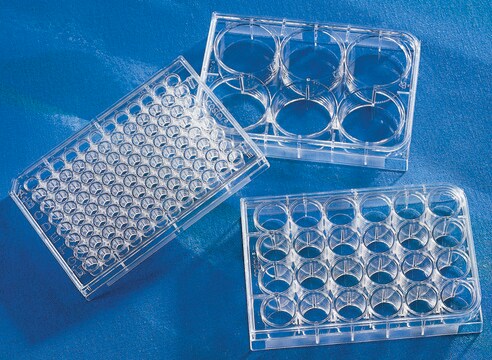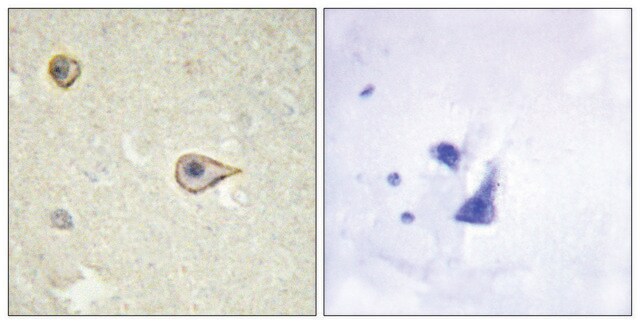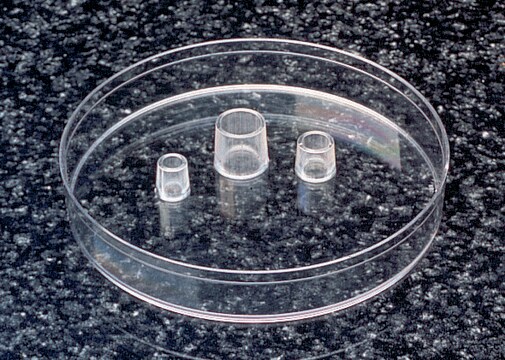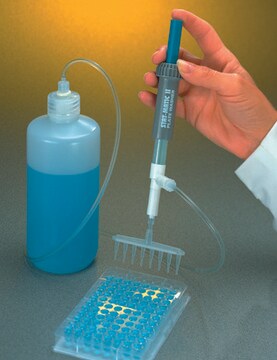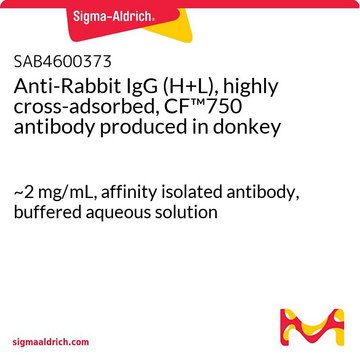SCC719
3dGRO® Pancreatic Organoids (OCIP.285)
Human
Sinónimos:
PDAC Organoid, Pancreatic Cancer Organoid, Pancreatic Ductal Organoid, Pancreatic Tumor Organoid
About This Item
Productos recomendados
Nombre del producto
3dGRO® Pancreatic Organoids (OCIP.285),
origen biológico
human
Nivel de calidad
envase
vial of ≥1500 organoids vial
fabricante / nombre comercial
Millipore
técnicas
cell culture | mammalian: suitable
cell culture | stem cell: suitable
Condiciones de envío
liquid nitrogen
temp. de almacenamiento
−196°C
Aplicación
- Viability: >1500 viable organoids/vial
- Organoid Growth: Pass
- Cells are tested negative for infectious diseases by a Human Essential CLEAR panel by Charles River Animal Diagnostic Services.
- Mycoplasma Contamination: Negative
- STR Profile: Pass
Características y beneficios
Descripción de destino
Recent breakthroughs in three-dimensional (3D) culture methods have led to the development of organoid culture platforms, which allow researchers to perform translational research on long-term in vitro cultures not limited by barriers present in 2D culture or animal models. We now offer a comprehensive collection of patient derived pancreatic ductal adenocarcinoma cancer (PDAC) organoids for cancer research and drug discovery applications.
Cell Line Characteristics
- Sex: Female
- Age: 65 Years
- Organ: Pancreas (Xenograph)
- Disease: Ductal Adenocarcinoma (KRAS mutation: Q61L)
Almacenamiento y estabilidad
Otras notas
Información legal
Cláusula de descargo de responsabilidad
Código de clase de almacenamiento
10 - Combustible liquids
Clase de riesgo para el agua (WGK)
WGK 2
Punto de inflamabilidad (°F)
Not applicable
Punto de inflamabilidad (°C)
Not applicable
Certificados de análisis (COA)
Busque Certificados de análisis (COA) introduciendo el número de lote del producto. Los números de lote se encuentran en la etiqueta del producto después de las palabras «Lot» o «Batch»
¿Ya tiene este producto?
Encuentre la documentación para los productos que ha comprado recientemente en la Biblioteca de documentos.
Nuestro equipo de científicos tiene experiencia en todas las áreas de investigación: Ciencias de la vida, Ciencia de los materiales, Síntesis química, Cromatografía, Analítica y muchas otras.
Póngase en contacto con el Servicio técnico
